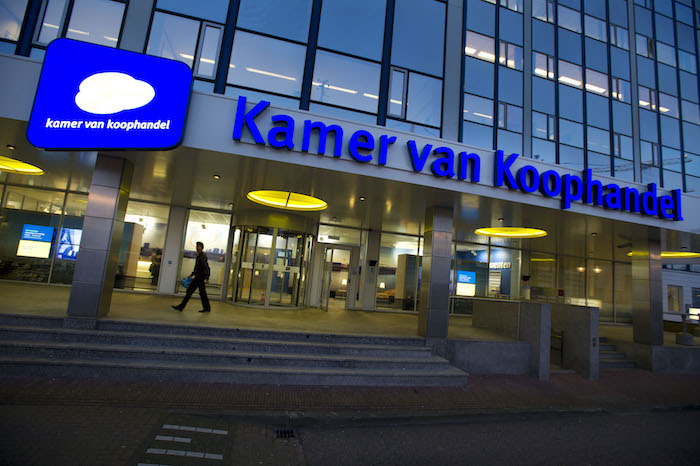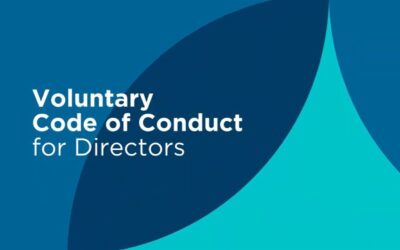For legal counsel, the possibility of obtaining and accessing company information across different jurisdictions is crucial. Whether you’re verifying shareholders for an M&A transaction, confirming authorized signatories for contract purposes, or gathering information for other legal reasons, having access to reliable, accurate and comprehensive company and other legal entity data is essential. Fortunately, such information is typically available from official institutions or organizations within each country – if you know where to look.
In this blog article, I’ve compiled useful information regarding company and legal entity data access in the three jurisdictions I’ve worked in to date, being the Netherlands, Germany, and South Africa. I’ve also included the United Kingdom for good measure. Understanding where and how to obtain these details should make it quicker and easier for you to obtain the information you may need in / from any one of these jurisdictions.
1. The Netherlands: Kamer van Koophandel
In the Netherlands, the Kamer van Koophandel (KvK – Chamber of Commerce) is responsible for registering businesses and providing related information and advisory services. The KvK supports business compliance and development through a comprehensive Business Register (Handelsregister) and various informational resources. Established in 1921, the KvK has played a pivotal role in fostering business growth and transparency in the Netherlands.
If you need information about a Dutch company or other legal entity, you can obtain a business extract (uittreksel) from the KvK. Extracts can be obtained online or in person. The extract includes an entity’s registration data (including name, address, and date of establishment), information about directors, the entity’s purpose, and registered office details. Access to this information is available to anyone upon payment of a fee ranging from EUR 2.75 to EUR 18.05, depending on the extract type (online view, digitally certified, or paper certified). The KvK website is available in Dutch and English, and English is also commonly spoken by KvK staff. Digitally and paper certified extracts are also available in English.
Note that Haacke Commercial Legal Services is registered with the Handelsregister – see here.
2. Germany: Handelsregister
In Germany, the Gemeinsames Registerportal der Länder (Handelsregister – Commercial Register) is essential for legal recognition and business transparency. Established in the 19th century, it is a crucial part of Germany’s legal framework, recording company details, ensuring compliance with commercial laws, and providing public access to data.
If you need information about a German company or any other legal entity, you can obtain it from the Handelsregister. Since 1 August 2022, all retrievals of register content in Germany are free of charge and available without registration or login. This includes data from the Commercial Register, Cooperative Register (Genossenschaftsregister), Register of Associations (Vereinsregister), and Partnership Register (Partnerschaftsregister).
Commercial register extracts (Handelsregisterauszüge) and other information can be quickly obtained online. The Commercial Register website is available in English, French, Spanish, and Italian. However, the extracts and other information are provided in German, so (certified) translations may be necessary.
3. Republic of South Africa: Companies and Intellectual Property Commission
In South Africa, the Companies and Intellectual Property Commission (CIPC) manages company and IP registrations, compliance, and public access to corresponding business information. The CIPC was created on 1 May 2011 by the merger of its (dysfunctional) predecessor, the Companies and Intellectual Property Registration Office (CIPRO), with the Office of Company and Intellectual Property Enforcement (OCIPE).
If you need information about a South African company or any other legal entity, you can obtain a business extract and other information from CIPC. This data can be requested online after registering as a CIPC customer. The information is available to anyone upon payment of a fee (approx. ZAR 30 to 100, depending on the info requested). The extract is provided in English, and the CIPC website is also in English.
4. United Kingdom: Companies House
Established in 1844, Companies House has been integral in registering and maintaining company information in the UK, ensuring a transparent business environment and legal compliance. It provides public access to this data.
If you need information about a UK company or other legal entity, you can obtain it from Companies House. Basic information (including registered address, incorporation date, current and resigned officers, previous company names, and insolvency information) is free. Certified Certificates and Certified Documents cost approximately £15. After registering as a Companies House customer, these extracts can be quickly and easily requested online. The extract is provided in English; the Companies House website is available in English and Welsh.
5. Conclusion
As demonstrated, accessing company information across different jurisdictions is usually unproblematic, as this is typically readily available from designated organizations or institutions in each jurisdiction. Whether available for free or for a (negligible) fee, this accessibility ensures that essential data for business transactions can be easily and quickly obtained.
Additionally, comparable search options are available in most member states of the European Union. The European e-Justice Portal provides a good starting point for further searches in the respective national registers.
Thoughts, comments or questions? Let me know!
Gundo Haacke, Interim Legal Counsel & Owner of Haacke Commercial Legal Services.
Blog article first published on 3 July 2024.
Image credit: dispatcheseurope.com.
Disclaimer
The information provided in this blog article is for general informational purposes only. Nothing contained in this blog article constitutes legal advice, nor is it intended to be a substitute for legal counsel on any subject matter. The author disclaims any liability in connection with the use of this information.




